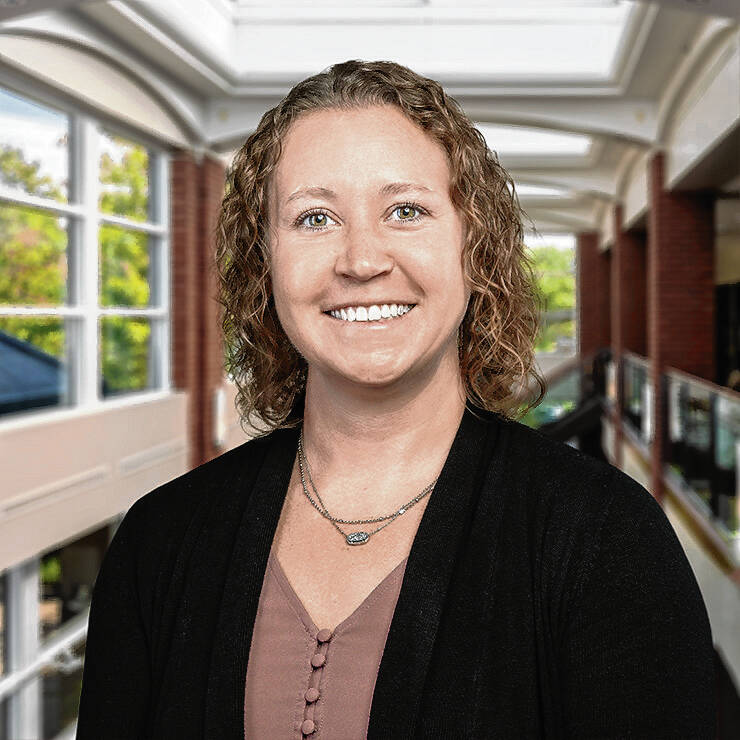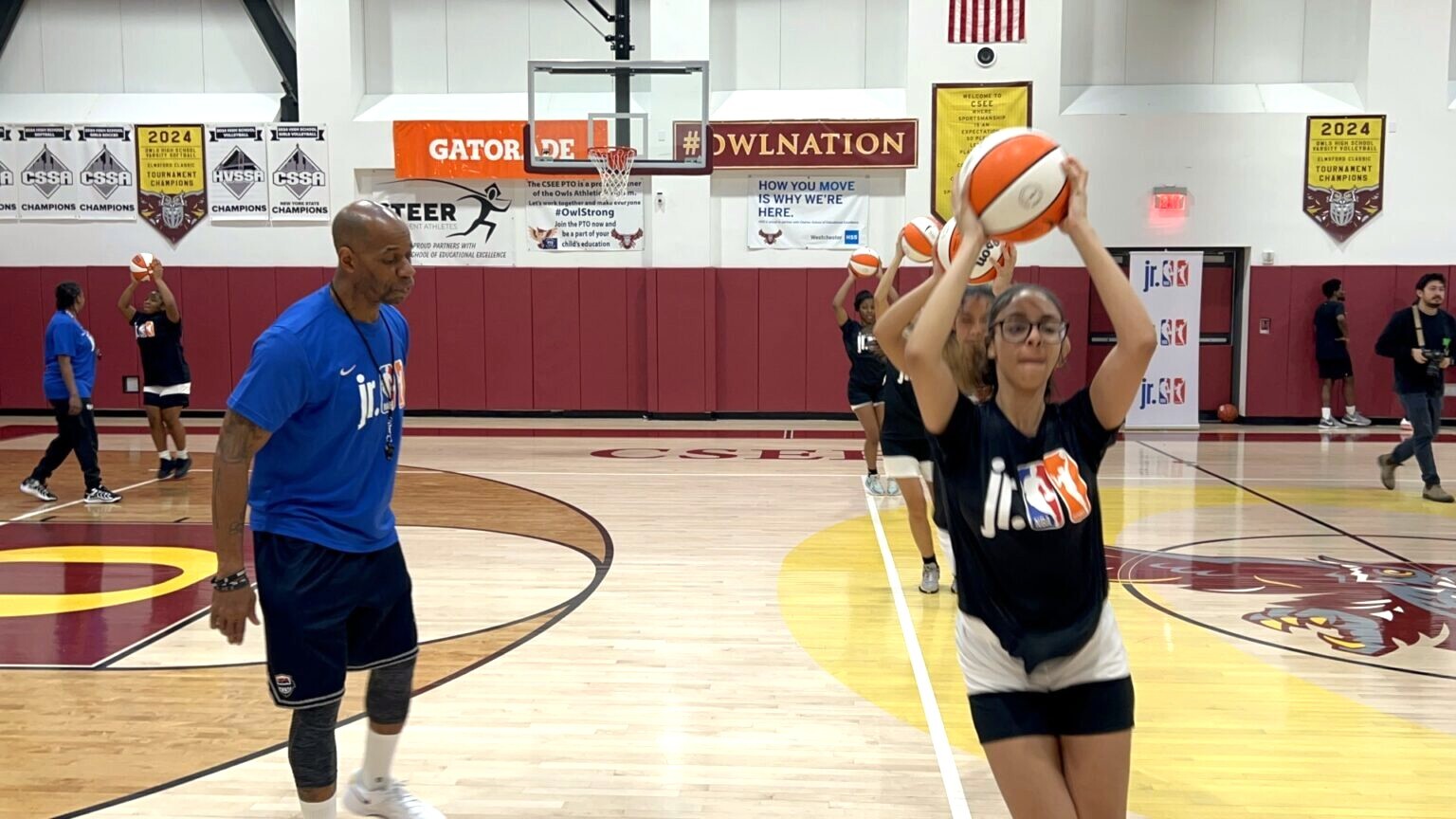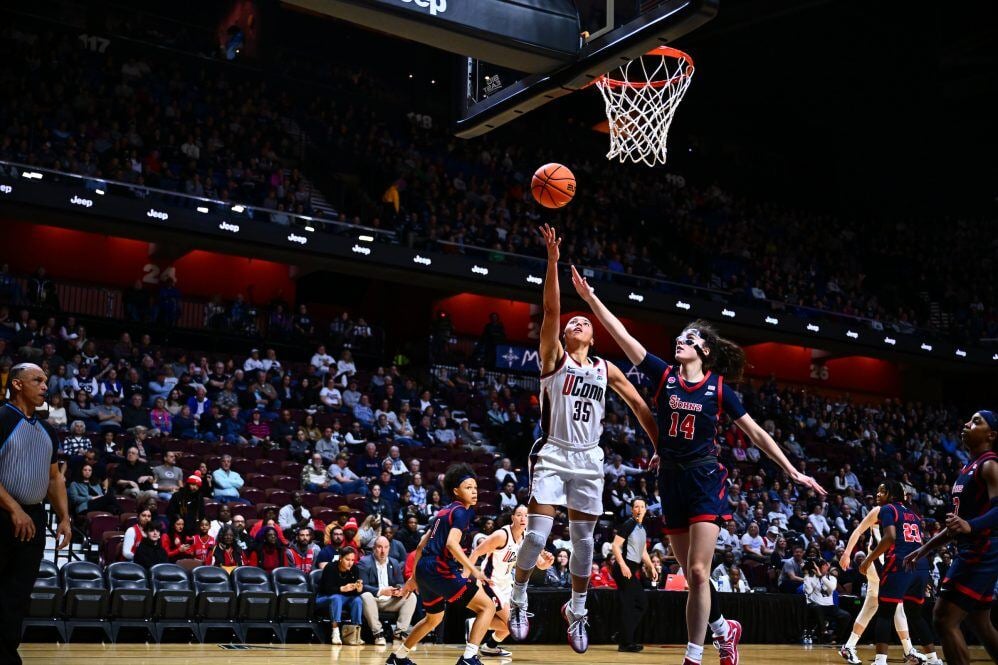UNC Greensboro Professor Invents Device to Help Prevent ACL Injuries in Female Athletes

Dr. Sandra Shultz, a kinesiology professor at the University of North Carolina at Greensboro, has developed an innovative tool to identify and reduce ACL injury risk in female athletes.
The invention, called the GMetric3D Knee Joint Laxity Testing Apparatus, was co-created with Dr. Randy Schmitz and recently received a U.S. patent, marking a major milestone toward commercial use. Shultz, who directs UNC Greensboro’s Center for Women’s Health and Wellness and co-directs the Applied Neuromechanics Research Laboratory, brings both academic expertise and clinical experience to her research.
Shultz, who directs UNC Greensboro’s Center for Women’s Health and Wellness and co-directs the Applied Neuromechanics Research Laboratory, brings both academic expertise and clinical experience to her research.
“Before I became a faculty member, I was a clinician for 12 years… I treated a lot of ACL injuries,” Shultz said. “In one year, we had eight female athletes with an ACL injury—it was almost epidemic.”
Her research has focused on why women are more prone to ACL injuries than men, especially exploring the role of joint laxity and hormonal fluctuations across the menstrual cycle.
“My research really over the last 25 years has focused on understanding why females have greater laxity than males and what implications that has for injury,” she explained.
The GMetric3D stands out for its ability to measure knee movement in three planes—anterior, lateral, and rotational—offering more comprehensive data than traditional devices.
“A key feature of it is really stabilizing the thigh so that it doesn’t move… the machine will actually move the knee in three planes of motion,” said Shultz.
With commercialization now in sight, Shultz and her team—including collaborators James Coppock and Sam Seyedin—hope the device will soon empower clinicians to better identify high-risk athletes and develop prevention strategies.
“To take something like this and move it forward… is rewarding and very exciting for us,” she added.
Read more here!
![HR Logo [Recovered]_Full Color Vertical-1](https://blog.healthyroster.com/hs-fs/hubfs/HR%20Logo%20%5BRecovered%5D_Full%20Color%20Vertical-1.png?width=199&height=178&name=HR%20Logo%20%5BRecovered%5D_Full%20Color%20Vertical-1.png)
 By
By


